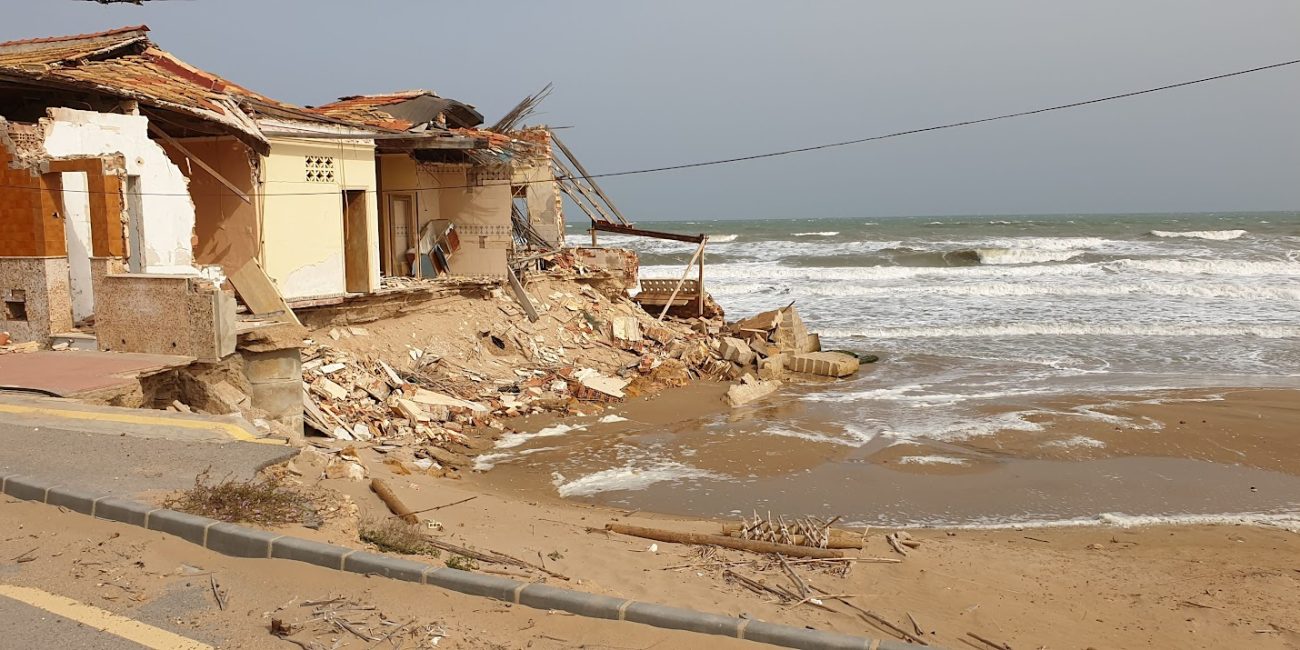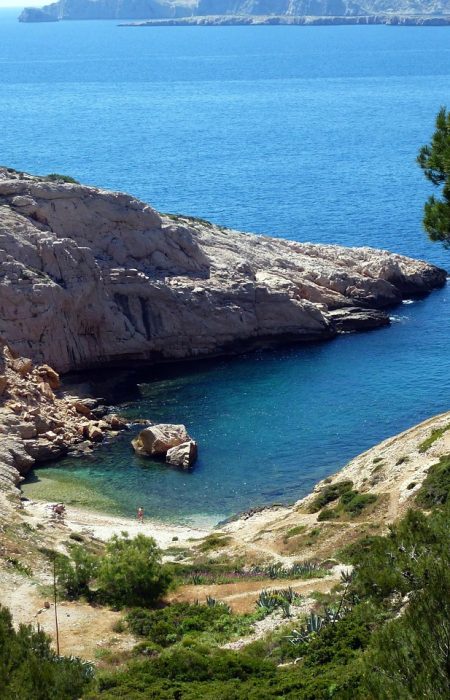Residents affected by Costas’ planned demolition of a row of approximately 60 traditional single-storey houses on Guardamar del Segura’s Babilonia beach have organised a collective protest swim tomorrow, Tuesday, July 8th, during which they will demand that the Ministry for Ecological Transition’s Coastal Service halt the demolition, which has been scheduled since September 15th.
This protest has no official call. This is not a rally or a demonstration. The event will begin at 8:00 p.m. on Babilonia Beach, near the now-demolished Jaime restaurant.
Countdown
The proposal follows the initiative of one of the houses’ residents, the young David Renner, who began his personal countdown months ago to the day of the demolitions with a daily symbolic bath that he spreads on social media platforms such as Instagram and Tik Tok and in which he reports on the situation in Babylon, as well as the historical context that has led to this situation.
Above all, he insists that they cease treating the decision on the houses in the public domain as an affront to the numerous other buildings whose concessions have been granted without issue. The refusal to grant extensions has primarily led to the decision to demolish the houses.
Tuesday’s swim is the 100th since Renner started the project, which is backed by the Babilonia Neighbourhood Association, as reported on the organisation’s social media platforms.
Most concessionaires of these century-old homes requested extensions in 2018 but did not receive a response. The concessionaires took their requests to court to guarantee an official response and an extension. The National Court denied the motions, citing Ministry of Ecological Transition findings that state that one of the primary causes of the beach’s regression in this region is the presence of the residences themselves, and the inhabitants have exhausted all legal options. Residents have claimed that the beach’s deterioration is due to a lack of maintenance and government measures to prevent it, as well as errors in infrastructure such as the breakwater at the mouth of the Segura River, which they claim was built in the 1990s during flood control work and, in its current orientation, diverts sediment that should be deposited on this beach to other locations.
The demolitions aim to connect the beach to the dune system and the inland pine forest for regeneration, as well as to restore about 600 linear metres of beach for public usage. For now, approximately 20 additional houses located farther south are exempt from the measure because they are part of the town centre, although their concessions on Avenida de Europa have not been extended.
Demolitions
Almost the majority of the homeowners have already arrived in the area to spend their final summer in their own residences.
The Costas administration scheduled the demolitions before the summer. However, they negotiated this delay to manage the demolitions, which they must do at their own expense to restore the region to its original state without relying on the administration.
The Residents’ Association, which is battling to save the row of homes on the beach, is keeping numerous legal options open in order to avoid demolition in the nick of time, albeit admitting that it is now extremely difficult to do so. One of these options is to file an application for the designation of a Site of Cultural Interest (SCI) for the centuries-old dwellings, which have a building typology with reed and wood roofs and brick walls typical of the Vega Baja. Architects, residents, and history specialists concur that maintaining the unique landscape is crucial.
This BIC declaration would also enable the implementation of one of the new Valencian Coastal Law’s clauses, which recognises the importance of protecting these historic centres or, alternatively, compensation for concessionaires holding land elsewhere. This is lower-level legislation than the Coastal Law for an autonomous community that does not have coastal jurisdiction and has not requested it from the government.
In fact, the group’s legal counsel has already prepared for the worst-case scenario, reaching an agreement with the Ministry of the Coast that the demolitions, if they occur, will be borne by the concessionaires so as not to cost those affected significantly more and not by the State, through the company Tragsa. For years, this public corporation has displayed a lack of transparency on the Public Sector Procurement Portal in terms of releasing documents and details on the rationale of budgets and reports for projects awarded to it.








No Comment! Be the first one.